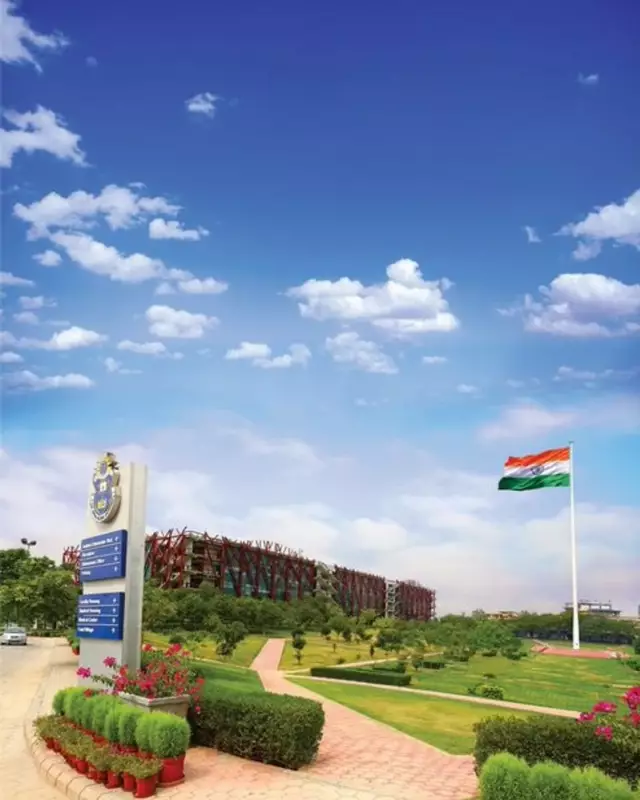
Eight decades after world leaders gathered to sign the United Nations Charter, the global body faces its most significant test of relevance in a fractured international landscape. The 80th anniversary of the UN's founding comes at a pivotal moment when geopolitical tensions, climate emergencies, and economic disparities challenge the very concept of multilateral cooperation.
The Legacy of 1945: From Ashes to Global Governance
Born from the devastation of World War II, the United Nations emerged as a beacon of hope for a war-weary world. The signing of the UN Charter on October 24, 1945, represented humanity's collective determination to prevent future conflicts through dialogue and cooperation rather than warfare.
"The UN was founded on the principle that no nation can solve global problems alone," explains Dr. Priya Sharma, Professor of International Relations at JNU. "For eighty years, it has served as the world's primary platform for diplomatic engagement, even when consensus seemed impossible."
Modern Challenges: Testing the UN's Effectiveness
Today, the United Nations confronts a vastly different world from the one it was designed to manage. The rise of non-state actors, digital warfare, and transnational threats like pandemics and climate change have stretched the organization's traditional frameworks to their limits.
- Security Council Paralysis: Repeated vetoes among permanent members have hampered effective responses to regional conflicts
- Climate Emergency: While COP summits generate headlines, implementation of binding agreements remains challenging
- Digital Governance: The UN struggles to establish international norms for cybersecurity and artificial intelligence
- Funding Crises: Chronic underfunding affects humanitarian operations across conflict zones
India's Growing Role in UN Diplomacy
As a founding member and the world's largest democracy, India has consistently advocated for reformed multilateralism. New Delhi's call for expansion of the UN Security Council reflects the changing global power dynamics that the original charter couldn't anticipate.
"India's participation in UN peacekeeping missions demonstrates our commitment to global stability," notes Foreign Policy Analyst Rohan Mehta. "The 80th anniversary should catalyze serious discussions about making the UN more representative of 21st-century realities."
The Path Forward: Reform or Irrelevance?
Despite criticism, the UN continues to deliver vital humanitarian assistance to millions through agencies like UNICEF, WHO, and WFP. The organization's specialized agencies coordinate global responses that individual nations cannot manage alone.
The question facing member states is whether they will invest in strengthening multilateral institutions or allow them to weaken further through neglect and political polarization. As climate migration increases and new technologies reshape international security, the need for effective global cooperation has never been more urgent.
The 80th anniversary serves as both a celebration of past achievements and a sobering reminder that the UN must evolve to address the complex challenges of our interconnected world.





